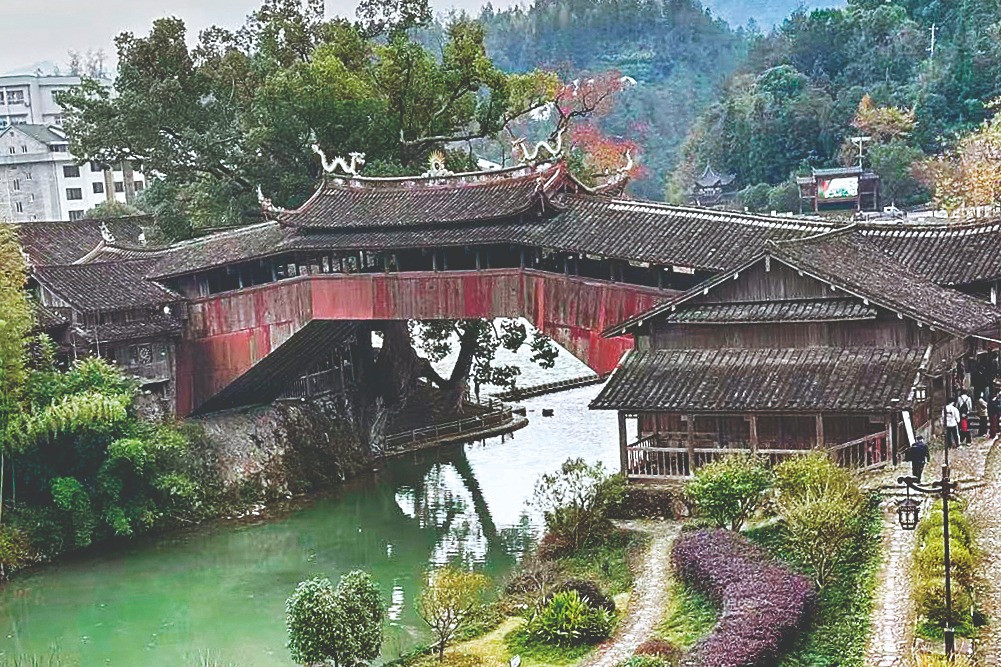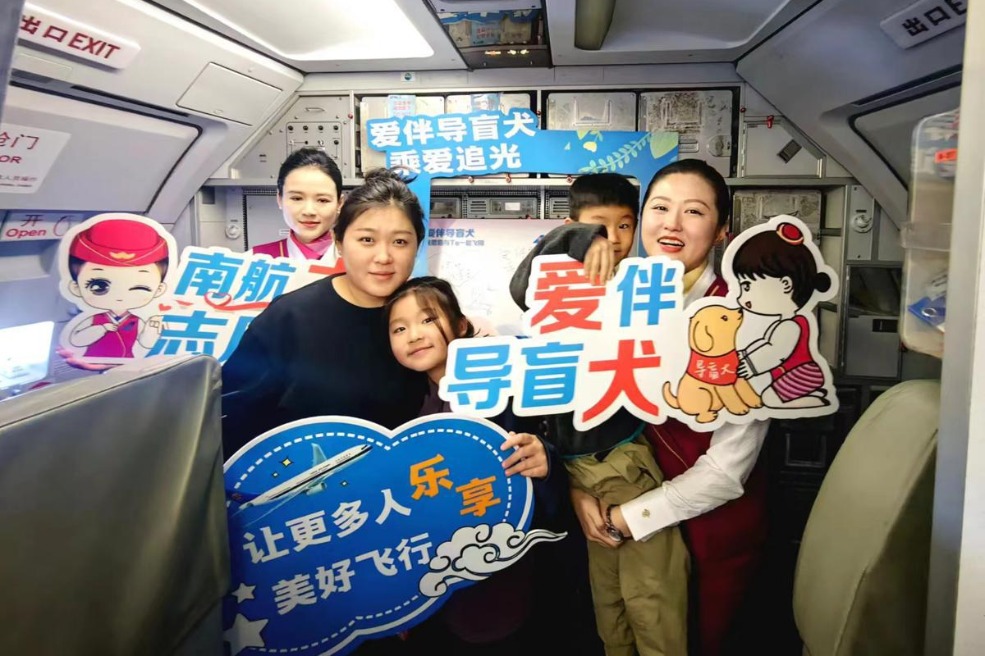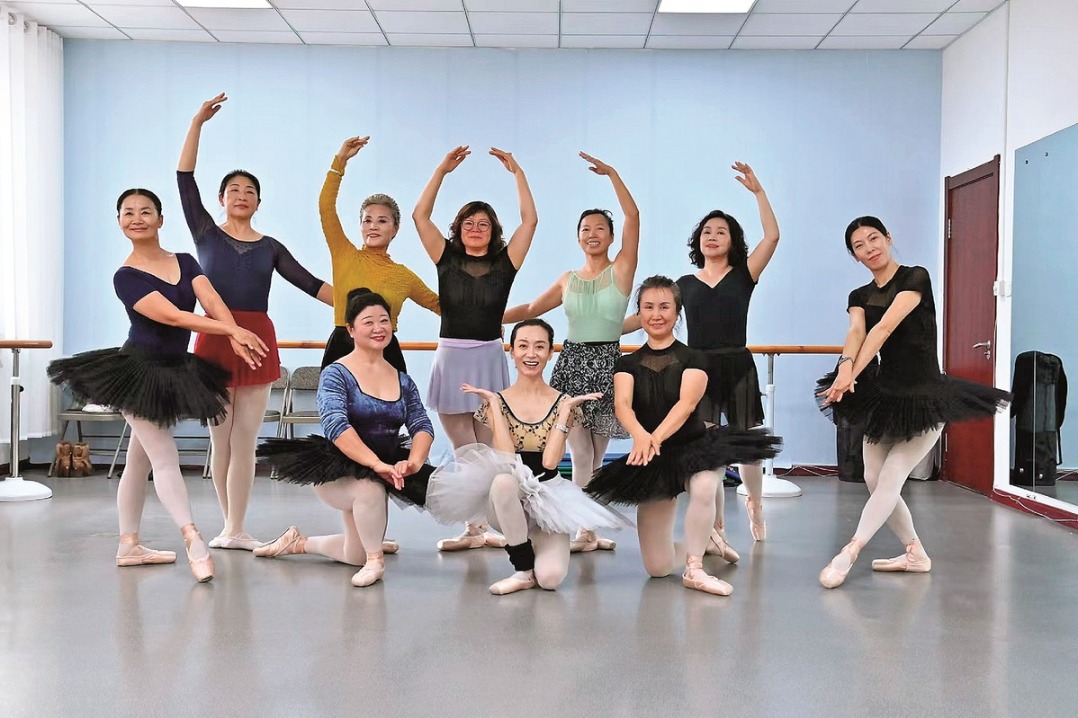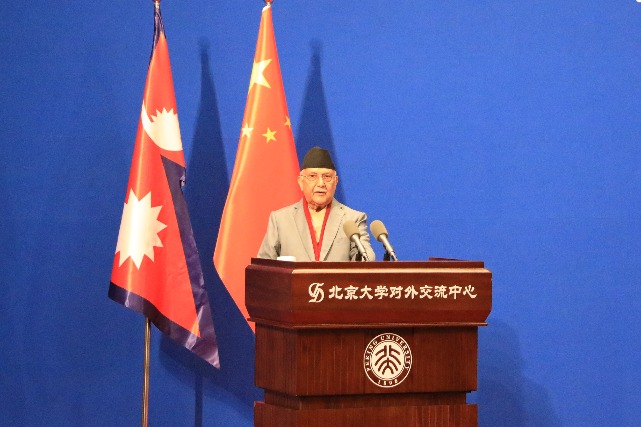Macao taps advantages to help TCM go global

Macao's unique advantage in Chinese medicine research and its close connection with the international market are helping traditional Chinese medicine go global, according to officials and industry insiders.
Ho Iat-seng, chief executive of the Macao Special Administrative Region, said that Macao is facilitating the global outreach of Chinese medicine products, because medicines recognized in Macao are more easily acknowledged in Portuguese-speaking countries due to "certain legal similarities".
With the objective of strengthening the TCM industry, and thereby reducing its dependence on the casino industry, the Macao SAR government established the Pharmaceutical Administration Bureau in 2022. The same year, it implemented a regulation on the registration of proprietary Chinese medicine products.
Ho said that Chinese medicine products registered with the bureau have already been recognized in countries such as Brazil, with several of these approved for registration overseas.
Official data shows that as of September, Macao received 314 applications for the registration of proprietary Chinese medicine products, 78 of which have already been approved. The approvals have facilitated the registration of 24 Chinese medicine products in Portuguese-speaking countries.
Chan Kam-tat, founder of Healthy Life, a pharmacy in Macao, said that Chinese medicine products "are effective, but mysterious", and therefore it is hard to register these in Western markets, which follow Western medicine standards.
"Macao is a great platform to help traditional Chinese medicine go global. The SAR government has brought Chinese medicine to Brazil, and I believe it will enter more countries," Chan said, adding that his pharmacy is also preparing to introduce Tibetan pain-relief medications to the international market.
The University of Macau's Institute of Chinese Medical Sciences has completed around 20 studies on the quality standards of Chinese medicine products. Many of the standards they have formulated have been incorporated into pharmacopoeias in European and American countries.
Li Peng, deputy director of the institute, said the internationalization of TCM can drive development of the industry, and selling Chinese medicine products overseas can also become one of the key reasons for mainland companies to register new drugs in Macao.
The Southeast Asian market is another promising choice due to its large population of Chinese people who inherently trust Chinese medicine, Li said, adding that the registration of more Chinese medicine products in Macao will facilitate TCM's easier entry into the international market in the future.
Macao's boasts a top-notch TCM research foundation, which attracts a plethora of talent from both within and outside China.
Sofia Costa, a PhD exchange student from Portugal who studies TCM at the University of Macau, said the holistic view of traditional Chinese medicine is a very good advantage that could be used to improve Western medicine, which primarily focuses on symptom management.
In 2016, the Macau University of Science and Technology appointed renowned German biophysicist and Nobel laureate Erwin Neher to lead a laboratory named after him. The biophysics laboratory focuses its research on the principles of how components of Chinese medicine interact with human ion channels.
In September, Neher received the Chinese Government Friendship Award, becoming the first expatriate scientist in the Hong Kong and Macao special administrative regions to receive this prestigious national honor.
- Macao taps advantages to help TCM go global
- China's legendary Mt. Qomolangma climber Gonpo passes away at 91
- Book of Xi's discourses on upholding, improving people's congress system published
- China, ASEAN launch joint initiative to develop cultural, tourism exchanges
- Chinese researcher taps large language models to make TCM drug more innovative, productive
- China discovers landmark human evolution fossils




































